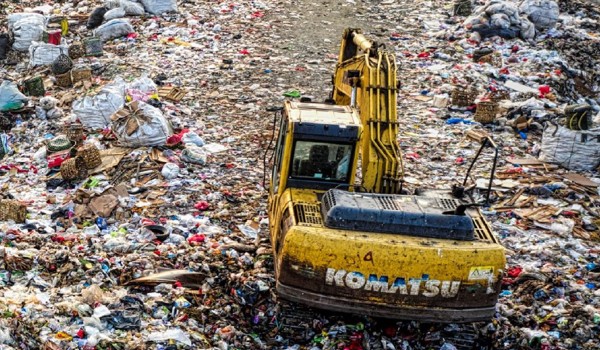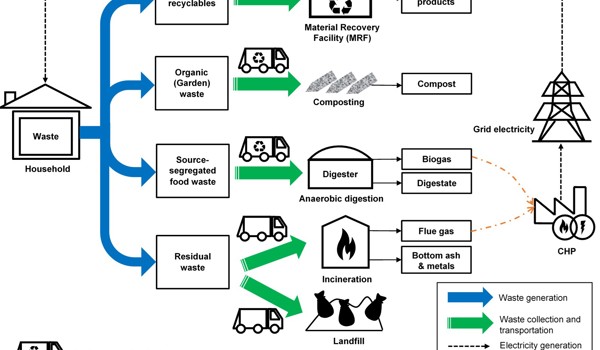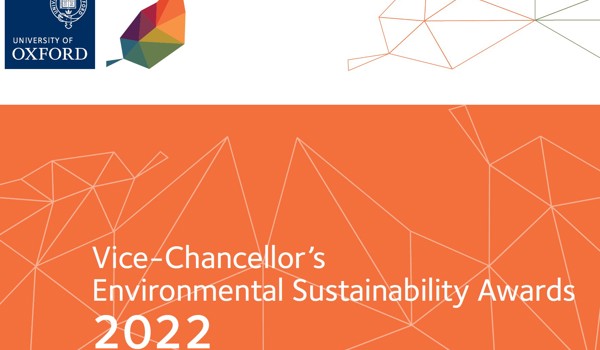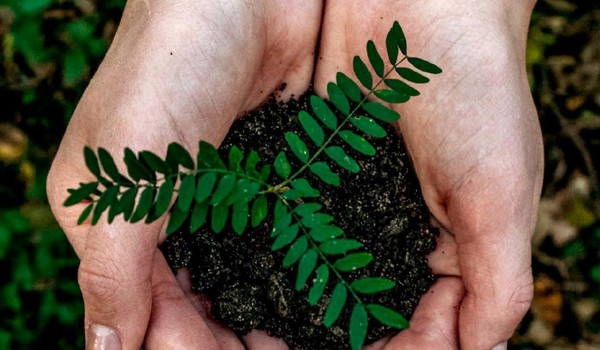22 Oct 2019
An Integrated Resource Recovery Strategy to Promote Circular Economy in the Community
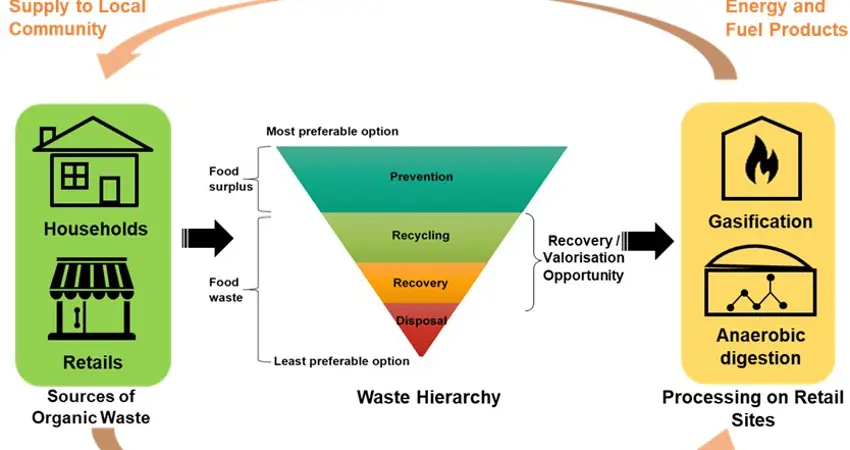
Synergistic utilisation of resources
Dr Kok Siew Ng (University of Oxford), Prof Aidong Yang (University of Oxford) and Dr Natalia Yakovleva (Newcastle University London) have recently published a paper entitled "
" in the Journal of Cleaner Production. This is an open-access article and can be downloaded free-of-charge from Science Direct. This work had also been presented at the 27th European Biomass Conference and Exhibition (EUBCE), 27th May 2019 in Lisbon, Portugal.
The UK is facing tremendous challenges in tackling food waste diversion from landfill. Whilst much effort has been made to prevent food waste, there is still a lack of attention and strategic approach in dealing with resource recovery and valorisation of food waste. This paper presents a systematic framework for sustainable organic waste management and valorisation in the UK through (i) review of current policy framework; (ii) analysis of resource recovery potential from food waste at national, community and organisational levels; (iii) proposition of alternative waste management strategies; and (iv) examination of challenges and opportunities with respect to economic, environment and social dimensions of sustainability of waste management strategies. The paper explores valorisation of source-segregated food waste and mixed waste from the supermarket and households into electricity and transportation fuels, through partially and completely decentralised configurations using anaerobic digestion and gasification technologies. This study demonstrates a potential for reducing the cost of electricity and greenhouse gas emissions of one supermarket store by 12% when adopting partially decentralised food waste anaerobic digestion strategy, and full substitution of fossil fuel based electricity with net surplus renewable electricity generation through complete decentralisation of mixed waste gasification. Therefore, a more integrated, circular and advanced technological approach in waste management should be undertaken as it can lead to a wider range of socio-economic and environmental advantages to the local community, highly essential in the UK.
Highlights
- Valorisation of waste closer to the source promotes resource circularity.
- A synergistic approach is robust in addressing challenges in waste management.
- Technology and configuration determine the viability of valorisation strategies.
- Decentralised waste management enhances community participation.
- A supportive fiscal incentive scheme promotes uptake of waste valorisation.
Synergistic Utilisation of Resources
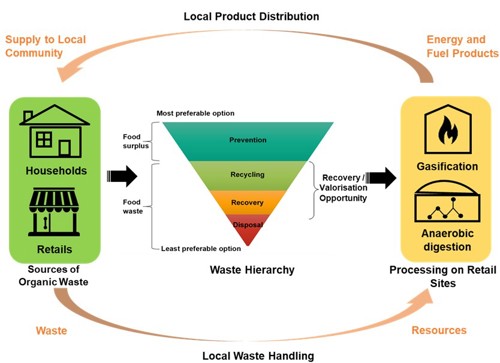
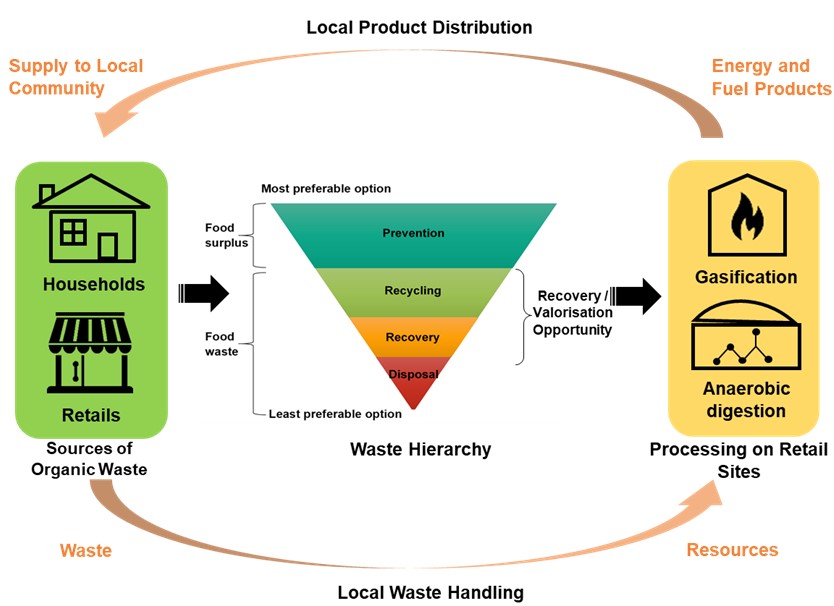
Systems Thinking Approach to Resource Recovery (STARR) Framework
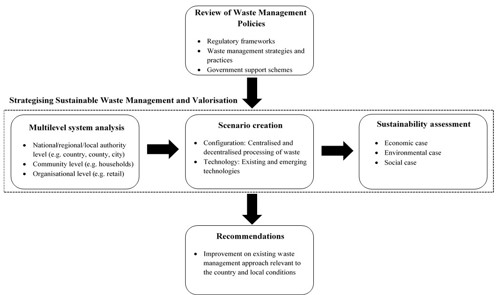
Multilevel Systems Analysis
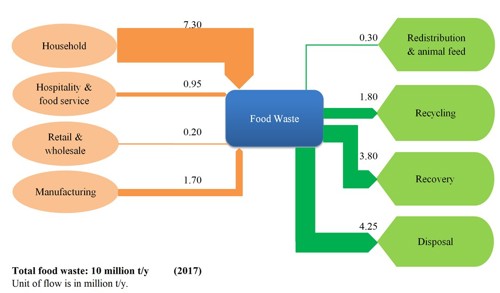
Environmental Cost-Benefit Analysis
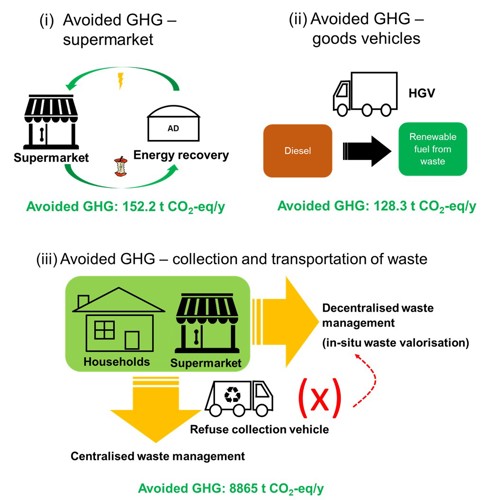
The SYNERGORS Project
The SYNERGORS project (“A systems approach to synergistic utilisation of secondary organic streams”), funded by the Natural Environment Research Council (NERC), is led by Dr Kok Siew Ng from the Department of Engineering Science, University of Oxford. This project aims to develop new systems approaches and decision-making tools for promoting resource recovery from secondary organic waste streams including fossil- (e.g. used plastics) and biomass-derived waste (e.g. food waste, residual biomass).
SYNERGORS will provide significant insights into various options for organic waste reduction and utilisation, and propose viable business models to attract stakeholders in the commercial sectors to invest in these areas. Furthermore, the research will address various socio-environmental challenges faced by human and living communities, the rising global demands in energy and commodities, and lessening burdens on the landfill, water and atmosphere.
It is envisaged that the outcomes from this project (e.g. decision-making tool and roadmap) can be adopted in the UK and other developing countries in improving the policies and practices in relation to organic waste management. The objectives of the project are well aligned with the UK Industrial Strategy in enhancing resource efficiency while achieving a sustainable industrial growth and a more resilient economy. The project has received support from a number of UK and international organisations (academia, industry and government), providing multidisciplinary expertise to address the global challenges in waste management.
Acknowledgement
This work was supported by the Natural Environment Research Council (NE/R012938/1) through the NERC/NPIF Industrial Innovation Fellowship Programme.
We also gratefully acknowledge Dr José Miguel Bermúdez Menéndez from the UK Department for Business, Energy & Industrial Strategy (BEIS) for sharing his insights to the government policies and incentives relevant to waste management and renewable energy production.
Further information
Please contact Dr Kok Siew Ng (kok.ng@eng.ox.ac.uk) if you are interested in learning more about the project.

